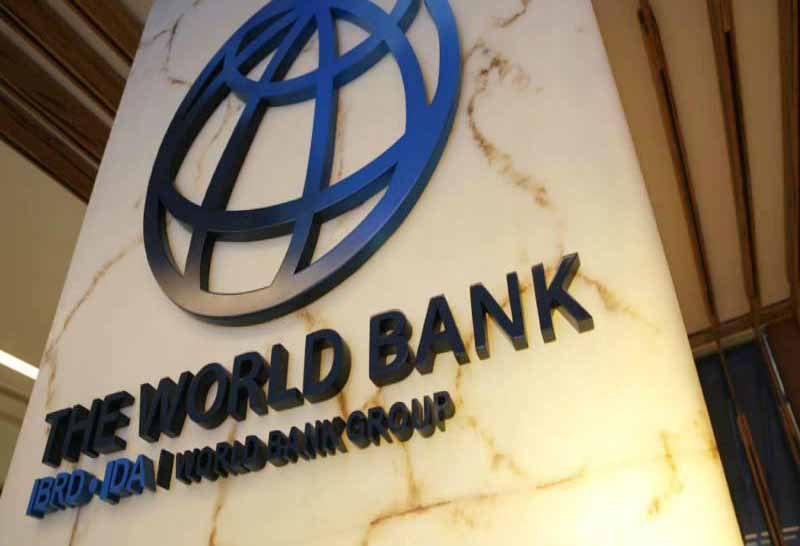×
The Standard e-Paper
Home To Bold Columnists

Kenya’s economy is set to grow by five per cent this year on the back of improved construction and ICT sectors as well as the continued rollout of Covid vaccines.